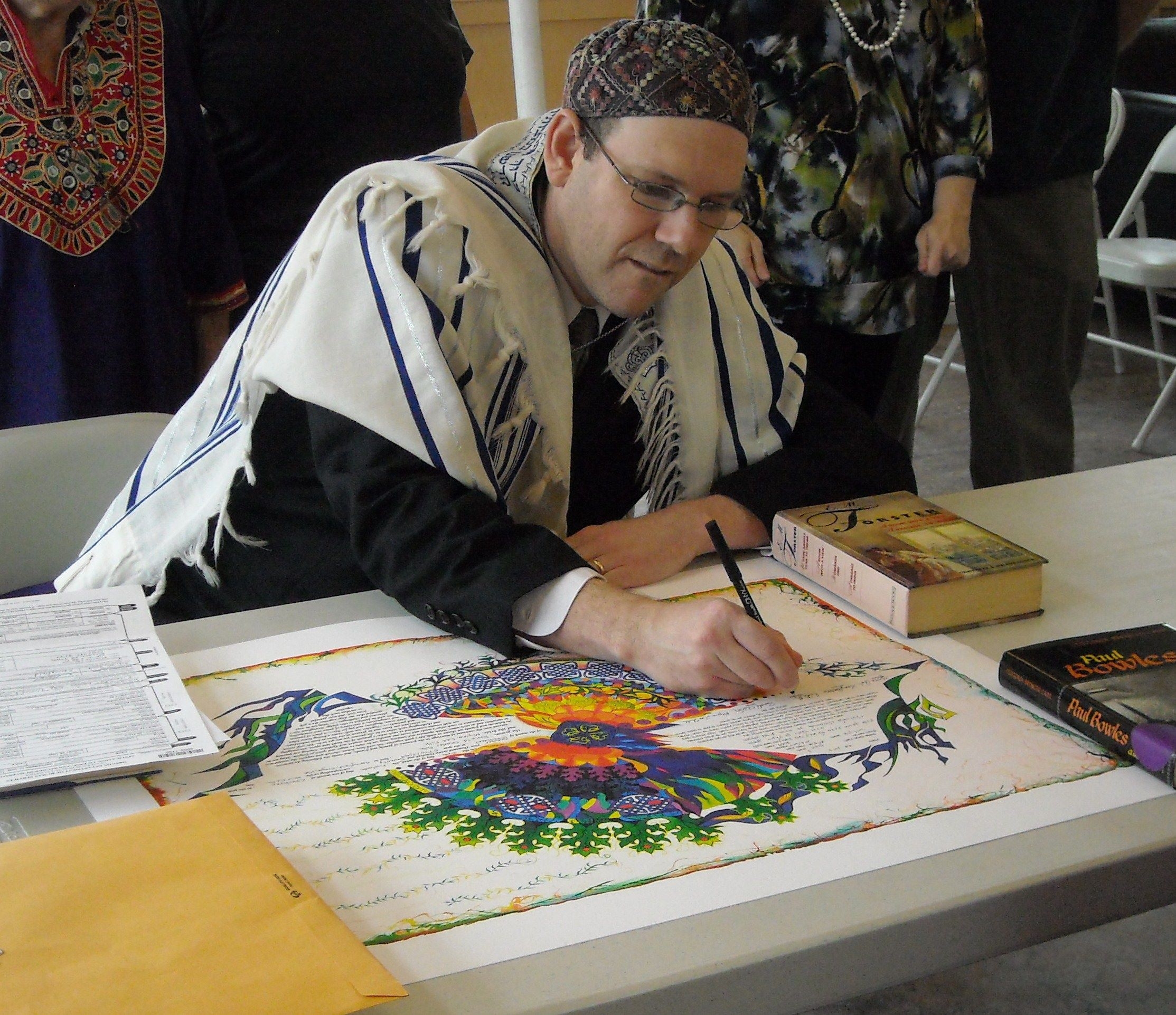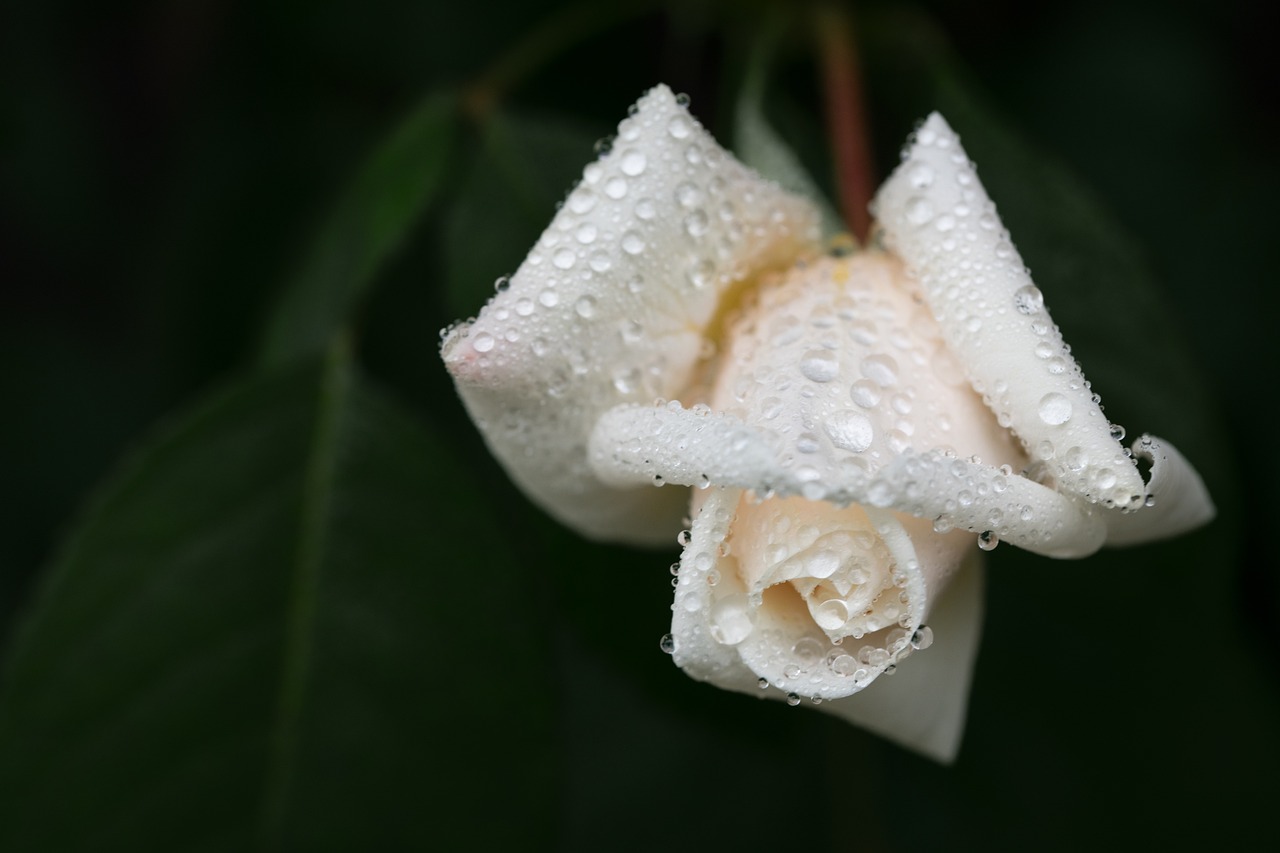As I began to think about empty nesting I felt overwhelmed. Sure that I would have many changes in my relationships with my children and with my husband, I wanted to mark the transition in a meaningful way. I began to think about Jewish ritual, and what informed my choices was ultimately a seder approach.
These are the goals I wanted to capture with my ritual:
Honor those who had helped me raise my children – my mother and long time nanny.
Think of the children and wish them blessings, establish adult relationships with them.
Mine the wisdom of other empty nesters.
Consciously create a new relationship with my husband.
Think about new challenges and growth for myself.
I ultimately did two things soon after my youngest left for college. First, I invited my mother and nanny to tea. At that time I presented them with a coffee table photo book of them with the children over the years. What surprised me about it was that going over old photos in order to make the books made me proud of my own mothering and all of the experiences we had had as a family. It was very rich for me, as well as much appreciated by both of them.
Then I had a Shabbat lunch with some friends — empty nesters and almost empty nesters. We talked about parenting and children, and some offered art and poetry. I shared the poem, You Begin, by Margaret Atwood, which percectly summed up my experience of entering into this new stage of life.
Through these rituals I felt happy and supported as I approached this new phase, and I can report that it is not overwhelming, but full of joy and opportunity!












